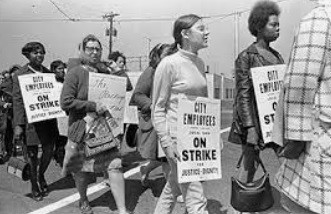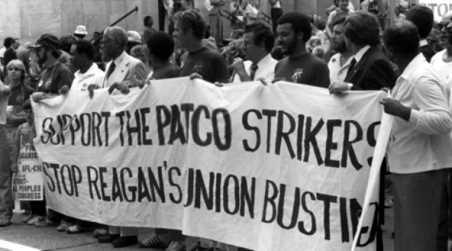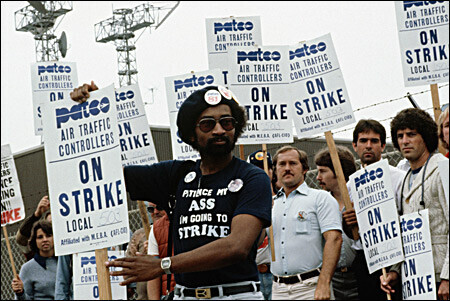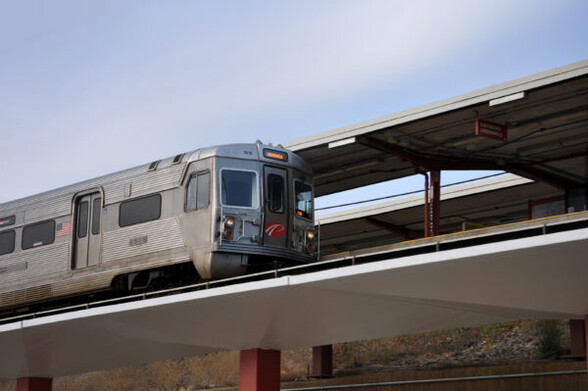Today in Labor History March 28, 1977: AFSCME Local 1644 struck in Atlanta, Georgia, for a pay raise. This local of mostly African American sanitation workers saw labor and civil rights as part of the same struggle. They saw their fight as a continuation of the 1968 Memphis sanitation strike. For several years, they organized to get black civil rights leaders elected to public office. They succeeded in getting their man, Maynard Jackson, elected mayor of Atlanta. After all, as vice mayor, Jackson had supported their 1970 strike. Yet, in his first three years as mayor, he refused to give them a single raise. Consequently, their wages dropped below the poverty line for a family of four. Jackson accused AFSCME of attacking Black Power by challenging his authority. He fired over 900 workers by April 1 and crushed the strike by the end of April. Many believe this set the precedent for Reagan’s mass firing of 11,000 air traffic controllers during the PATCO strike, in 1981.
#workingclass #LaborHistory #union #AFSCME #PATCO #strike #atlanta #CivilRights #sanitation #blackpower #wages #poverty #reagan



